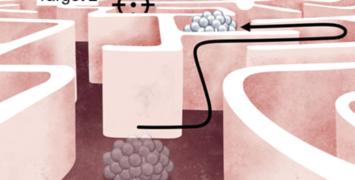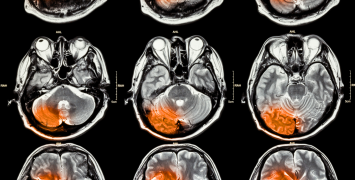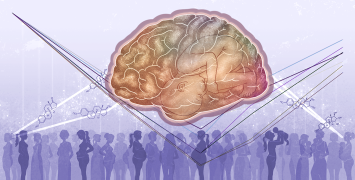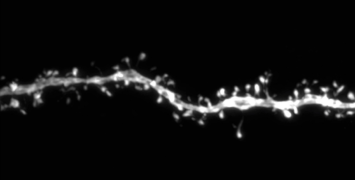Are we curious by choice or by chance?
The human brain is outstanding among mammalian brains, containing around 100 billion neurons (more than the number of stars in the Milky Way) and over 100 trillion connections between them. Yet, when it comes to making decisions, this impressive organ does not prevent us from making errors – even avoidable ones.

ERC grantee and cognitive neuroscientist Valentin Wyart at the French Institute of Health and Medical Research (Inserm) is interested in how we make decisions in the face of uncertainty. And in particular, why some of our choices seem driven by the desire to explore uncertain paths, even when better options are available. These ‘exploratory’ choices have previously been put down to curiosity, a defining feature of human intelligence. However this explanation assumes that we make no errors when evaluating our options.
With an ERC Starting Grant worth 1.5 million euros, Dr. Wyart and his team set out to put this assumption to the test. He sees exploratory choices as the result of random errors in brain computations rather than the hallmark of human curiosity. His theory proposes that “our brains optimize the precision of their computations by minimizing errors when it is deemed necessary, or by allowing errors when they have limited impact on the outcomes of our decisions”.
For example our brains should avoid making errors when predicting the trajectory of a tennis ball before hitting it, whereas they can afford errors when picking apples of a shelf at the supermarket.
Revealing the contribution of brain errors to human creativity
Neuroimaging has come a long way in the study of the human mind and how cognitive functions arise from distributed brain computations. Over the last decade, the use of mathematical models of cognitive functions to make sense of neuroimaging data has brought about a revolution in understanding what makes us tick – and how we decide.
 |
© Valentin Wyart
The team tested their hypothesis by analysing participants’ behaviour in a slot machine game when choosing between two actions associated with uncertain rewards.
Using a new mathematical model of decision-making accounting for errors when evaluating the two actions, they found that more than half of exploratory choices were not motivated by curiosity but caused by errors. They were also able to pinpoint the origin of these errors in the brain using functional MRI. They discovered that the brain regions activated during exploratory choices were the same as the ones activated when making errors. These findings have been published today in Nature Neuroscience.
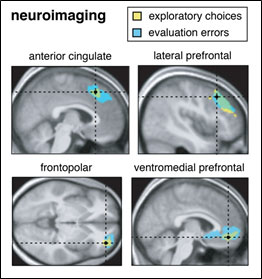 |
© Valentin Wyart
This confirms the team’s hypothesis that our brains use their own errors to produce exploratory behaviour without relying on curiosity. Dr. Wyart also adds that the result “ is important because it means that we often choose uncertain paths without knowing it, without any conscious intention to explore our options”.
These findings seem counter-intuitive, but are they really? Several major discoveries are known to be the result of errors: the discovery of America by Christopher Columbus who believed he had reached the “East Indies”, the discovery of radioactivity by Henri Becquerel who initially thought that the radiation emitted by uranium was due to reemission of solar energy, or the discovery of the pacemaker by John Hopps trying to treat hypothermia using radio frequencies. In this light, it comes as no surprise that the human mind could take advantage of its own errors to think outside the box.
Dr Wyart can be contacted on
 valentin.wyart@ens.fr
valentin.wyart@ens.fr
 @ valentinwyart
@ valentinwyart


